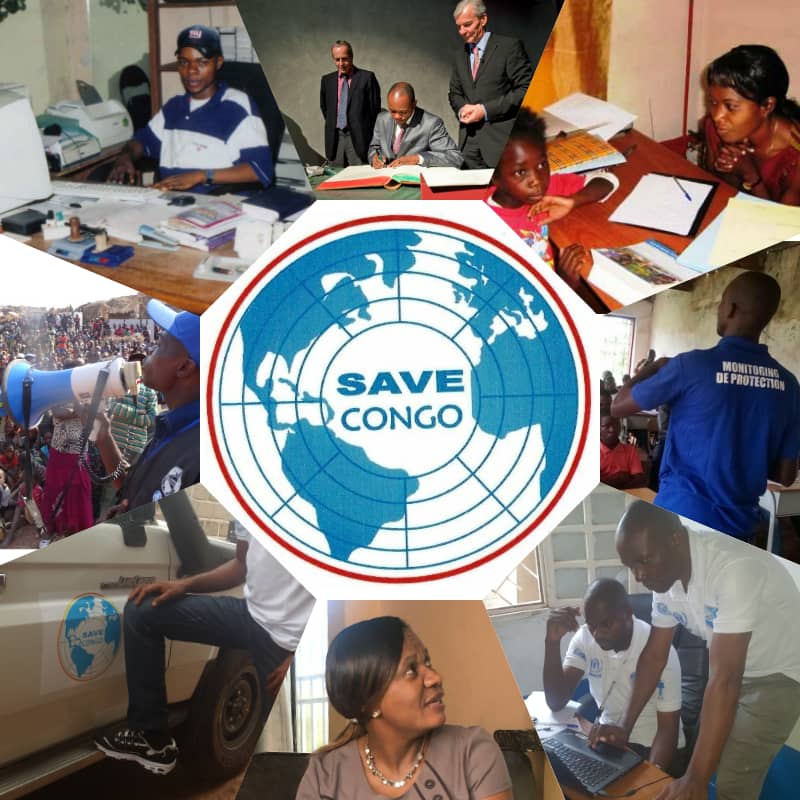Non Governmental Organization

Since its founding in 2005 in the Democratic Republic of Congo (DRC), SAVE CONGO has helped vulnerable persons meet their emergency needs and provided them with development support to rebuild their lives. Through an integrated multisectoral approach we've provided direct-access support to more than 10,000 most vulnerable people in the DRC including abandoned children, malnourished pregnant and breastfeeding women, survivors of sexual and gender-based violence, Indigenous Peoples, Internally Displaced Persons, refugees, victims of torture and other cruel and inhuman treatment, people living with disabilities and old persons.
Our new program include "Green Congo" an environmental protection initiative focused on waste transformation and inclusive youth and indigenous peoples’ engagement in the RDC. It seeks to turn urban waste into economic opportunities while promoting climate resilience and social inclusion in major cities and selected territories. In Kinshasa, the capital, an estimated 9,000–10,000 tons of waste are generated daily, with less than 30% effectively collected. Lubumbashi produces approximately 1,200–1,500 tons per day, and Goma around 600–800 tons per day, most of which are unmanaged, causing pollution, flooding, and public health risks. At the same time, youth unemployment remains critically high, affecting over 55–65% urban youth in these cities. Indigenous peoples, particularly in peri-urban areas and surrounding territories, face inter-community conflicts and limited livelihood opportunities, with unemployment and underemployment rates estimated at 70% or higher, often coupled with marginalization from green and urban economic sectors. The Green Congo program addresses all these challenges aiming at reducing environmental degradation, boosting local economies, and empowering vulnerable groups.